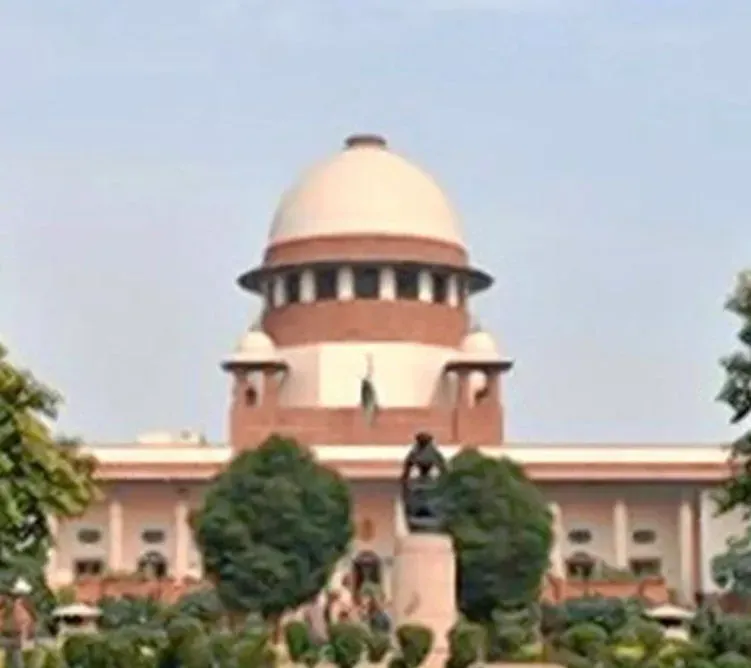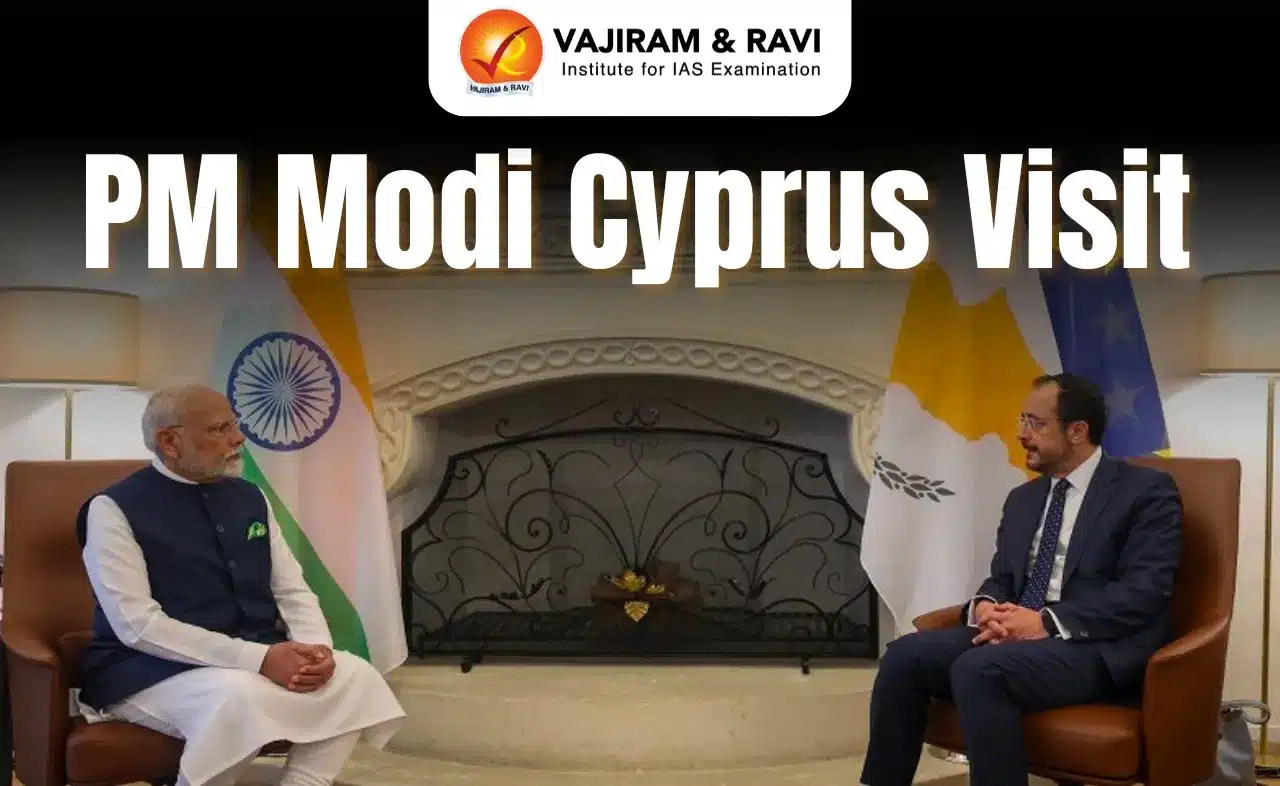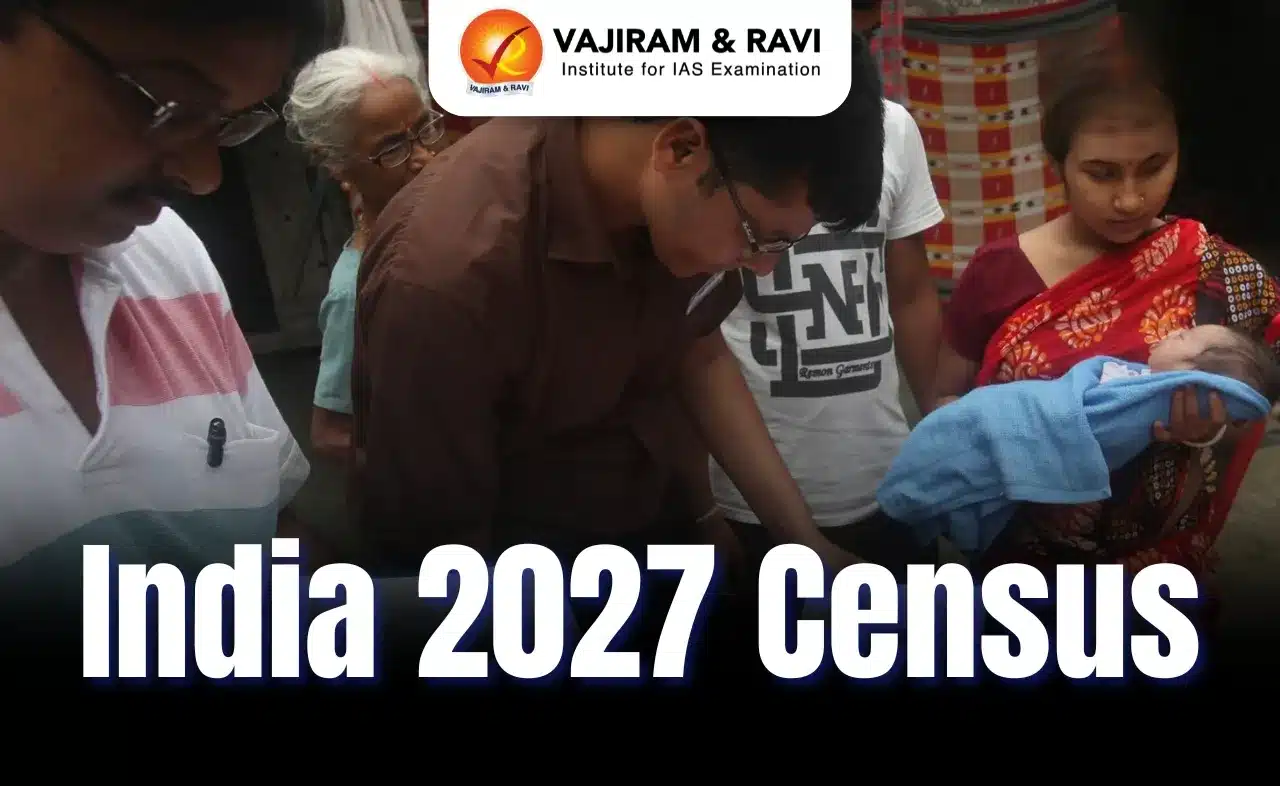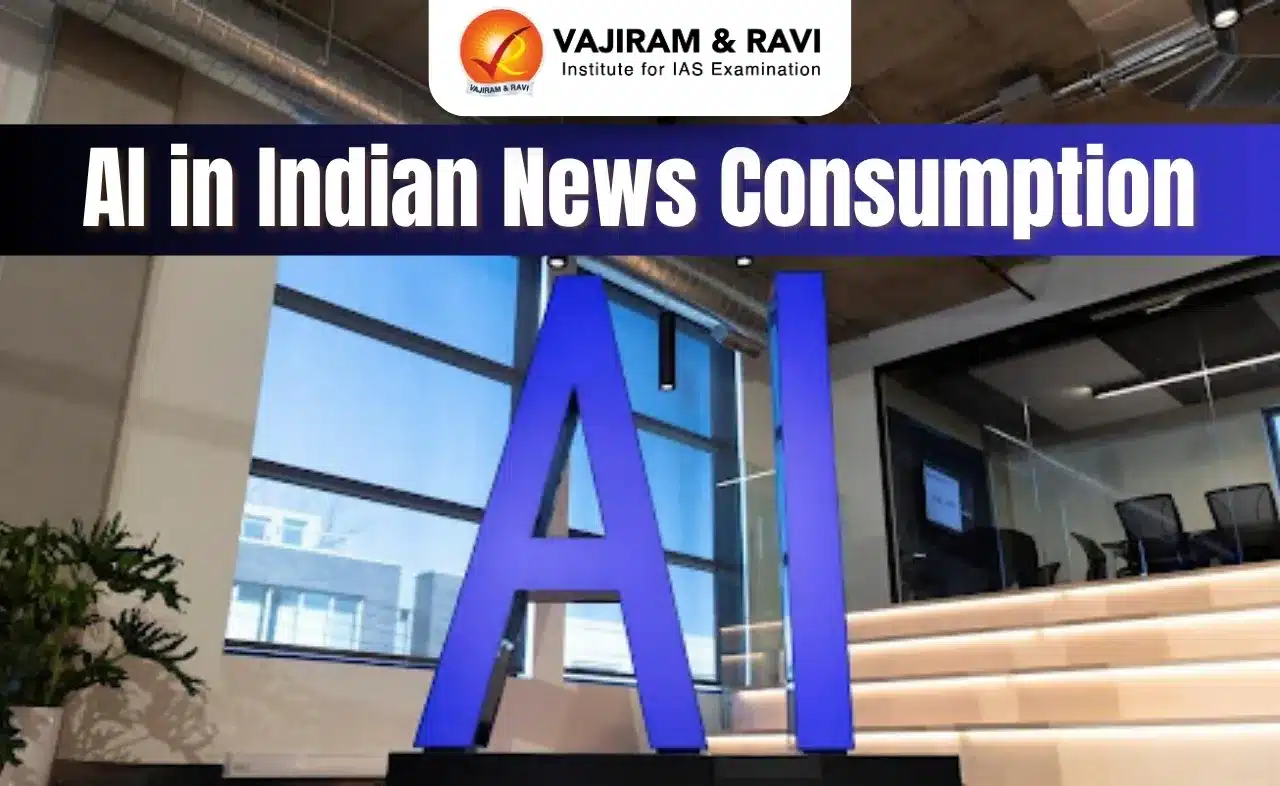What’s in today’s article?
- Why in News?
- Procedure to appoint judges of High Courts
- Background of the current case
- Key highlights of the judgement by the Supreme Court in present case
Why in News?
The Supreme Court ruled that a Chief Justice of a High Court does not have the authority to individually reconsider recommendations for a judge’s elevation. Instead, any reconsideration of such recommendations must be done collectively by the High Court Collegium.
The observations were made in a verdict granting relief to two District Judges from Himachal Pradesh, Chirag Bhanu Singh and Arvind Malhotra.
Their candidatures for elevation to the Himachal Pradesh High Court were directed to be decided afresh by the High Court Collegium.
Procedure to appoint judges of High Courts
- Constitutional Provision
- Article 217 of Indian Constitution covers the appointment and conditions of a High Court Judge.
- It says that every Judge of a High Court shall be appointed by the President by warrant under his hand and seal after consultation with the Chief Justice of India, the Governor of the State.
- In the case of appointment of a Judge other than the Chief Justice, the Chief Justice of the High Court shall also be consulted.
- The Chief Justice of the High Court is appointed as per the policy of having Chief Justices from outside.
- Eligibility
- A person shall not be qualified for appointment as a Judge of a High Court unless he is a citizen of India and—
- has for at least ten years held a judicial office in the territory of India; or
- has for at least ten years been an advocate of a High Court in any State specified in the First Schedule or of two or more such Courts in succession.
- A person shall not be qualified for appointment as a Judge of a High Court unless he is a citizen of India and—
- A High Court judge holds office until they are 62 years old.
- Procedure
- A Collegium comprising the CJI and two senior-most judges recommends the names for the appointment for Judges of HCs.
- The CJI is required to consult with two senior-most judges of the Supreme Court.
- However, this process is initiated by the Chief Justice of the High Court concerned.
- The Chief Justice of the High Court is also required to consult his two senior-most puisne Judges before recommending a name for appointment to the High Court.
- The recommendation is sent to the Chief Minister, who advises the Governor to send the proposal to the Union Law Minister.
- A Collegium comprising the CJI and two senior-most judges recommends the names for the appointment for Judges of HCs.
- Controversy over the Word Consultation
- The constitutional provision gave the CJI and other judges the status of consultant and left the decision of appointment to the executives.
- This has been interpreted by the SC in a different way ultimately leading to the evolution of Collegium system.
- Evolution of Collegium System
- First Judges Case (1982)
- SC held that consultation does not mean concurrence
- Gave Primacy to Executive
- Second Judges Case (1993)
- Court reversed its earlier ruling by changing the meaning of consultation to concurrence.
- Advice tendered by CJI is binding.
- CJI would take into account the views of two of his senior most colleagues.
- Third Judges Case (1998)
- Court gave primacy to the opinion of CJI in the matter of appointment of Judges.
- However, Chief Justice must consult four seniormost judges of SC.
- Opinion of all members of the collegium should be in writing.
- First Judges Case (1982)
Background of the current case
- Initial recommendation and decision of SC Collegium
- In December 2022, the Himachal Pradesh High Court Collegium recommended District Judges Chirag Bhanu Singh and Arvind Malhotra for elevation as judges of the High Court.
- Later, the Supreme Court Collegium deferred consideration of their elevation in July 2023.
- In January 2024, the apex court remitted the proposal for reconsideration to the Chief Justice (CJ) of the High Court.
- Ministry of Law and Justice’s Intervention
- In January 2024, the Law and Justice Minister urged the High Court CJ to send fresh recommendations for the two officers against vacancies in the service quota.
- High Court CJ’s Actions and subsequent case in Supreme Court
- The High Court CJ instead recommended two other names for elevation, disregarding Singh and Malhotra.
- This action was challenged by the two before the Supreme Court, where they argued that considering others ahead of them would undermine their seniority and unblemished record.
- The HC CJ had individually addressed the SC Collegium about the petitioners’ suitability, without collective consultation with other Collegium members.
Key highlights of the judgement by the Supreme Court in present case
- The process of judicial appointments is not the prerogative of a single individual
- It is a collaborative and participatory process involving all Collegium members.
- The underlying principle is that the process of appointment of judges must reflect the collective wisdom that draws from diverse perspectives.
- Such a process ensures that principles of transparency and accountability are maintained.
- Is judicial scrutiny of Collegium decisions permissible?
- Through this judgement, the apex court held that limited judicial scrutiny of Collegium decisions is permissible to determine whether the decision taken by the Collegium was done after effective and collective consultation of its members.
- The Bench summed up the following legal principles that emerged from precedents on the subject:
- ‘Lack of effective consultation’ and ‘eligibility’ falls within the scope of judicial review;
- ‘Suitability’ is non-justiciable and resultingly, the ‘content of consultation’ falls beyond the scope of judicial review.
Q.1. Why did the Supreme Court rule against individual decisions in judicial appointments?
The Supreme Court ruled that judicial appointments must involve collective decisions by the High Court Collegium, ensuring transparency and accountability, and preventing unilateral decisions by any single Chief Justice..
Q.2. What was the controversy in the Himachal Pradesh judicial appointment case?
In the Himachal Pradesh case, the High Court CJ recommended new names for judge elevation, ignoring two candidates, Singh and Malhotra. The Supreme Court found this violated the principle of collective Collegium decision-making
Source: Judges’ elevation should not be individual decision, HC Collegium must decide collectively: Supreme Court | Bar and Bench | Times of India | The Hindu
Last updated on June, 2025
→ UPSC Notification 2025 was released on 22nd January 2025.
→ UPSC Prelims Result 2025 is out now for the CSE held on 25 May 2025.
→ UPSC Prelims Question Paper 2025 and Unofficial Prelims Answer Key 2025 are available now.
→ UPSC Calendar 2026 is released on 15th May, 2025.
→ The UPSC Vacancy 2025 were released 1129, out of which 979 were for UPSC CSE and remaining 150 are for UPSC IFoS.
→ UPSC Mains 2025 will be conducted on 22nd August 2025.
→ UPSC Prelims 2026 will be conducted on 24th May, 2026 & UPSC Mains 2026 will be conducted on 21st August 2026.
→ The UPSC Selection Process is of 3 stages-Prelims, Mains and Interview.
→ UPSC Result 2024 is released with latest UPSC Marksheet 2024. Check Now!
→ UPSC Toppers List 2024 is released now. Shakti Dubey is UPSC AIR 1 2024 Topper.
→ Also check Best IAS Coaching in Delhi






















